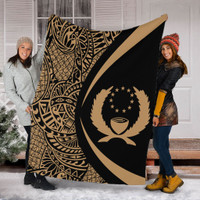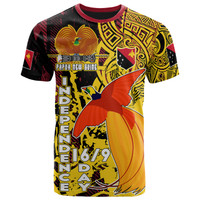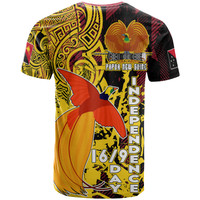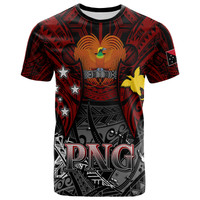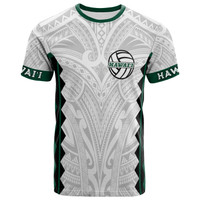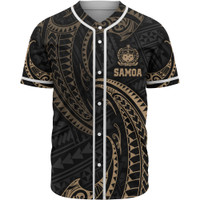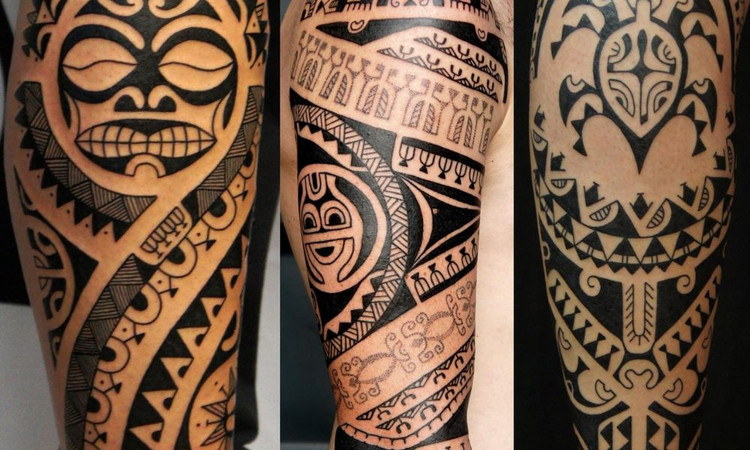Spiritual Meaning of Tattoos in Polynesian Culture and Life
Posted by Maris on 18th Jun 2024
The spiritual significance of Polynesian tattoos is profound and integral to their cultural importance. These tattoos are more than mere decorations; they are deeply embedded with spiritual meanings and serve as important symbols in Polynesian communities' cultural and religious life. Here are some key aspects of the spiritual significance of Polynesian tattoos:
Connection to Ancestry and the Divine
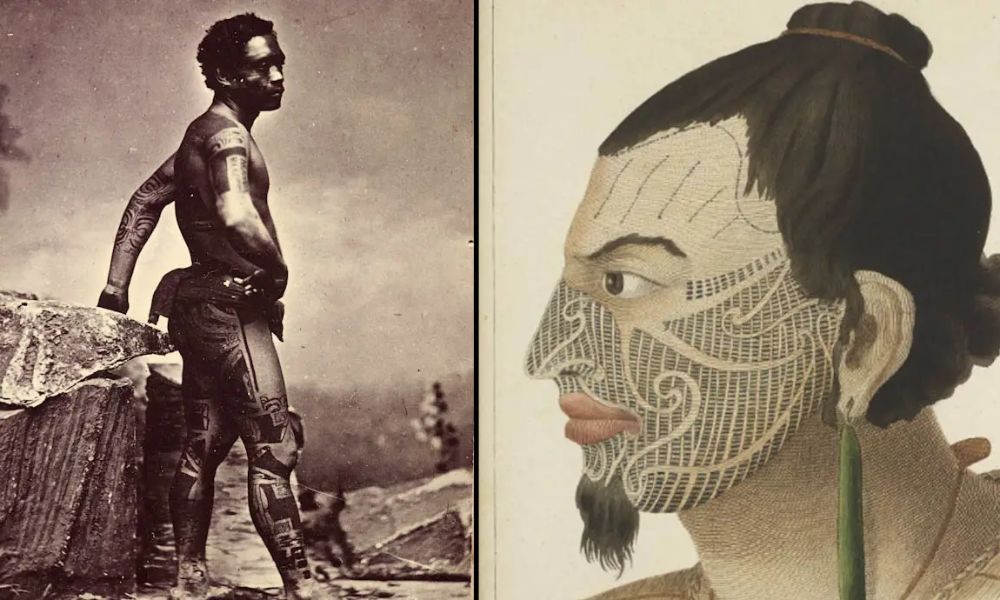
Polynesian tattoos often serve as a bridge between the wearer and their ancestors, believed to carry the mana (spiritual energy or power) of one’s lineage. By depicting genealogical details and ancestral stories, these tattoos maintain a direct connection with past generations, revered as protectors and guides. The designs can invoke specific ancestors, asking for their protection or blessing.
Protection and Warding

Many Polynesian tattoo patterns are intended to protect against spiritual harm. This can include protection from evil spirits, guidance during journeys, and safety during battles or dangerous activities. The tattoos are often placed on specific body parts that are considered vulnerable to spiritual attack, such as the neck, wrists, or ankles.
Rituals and Rites of Passage
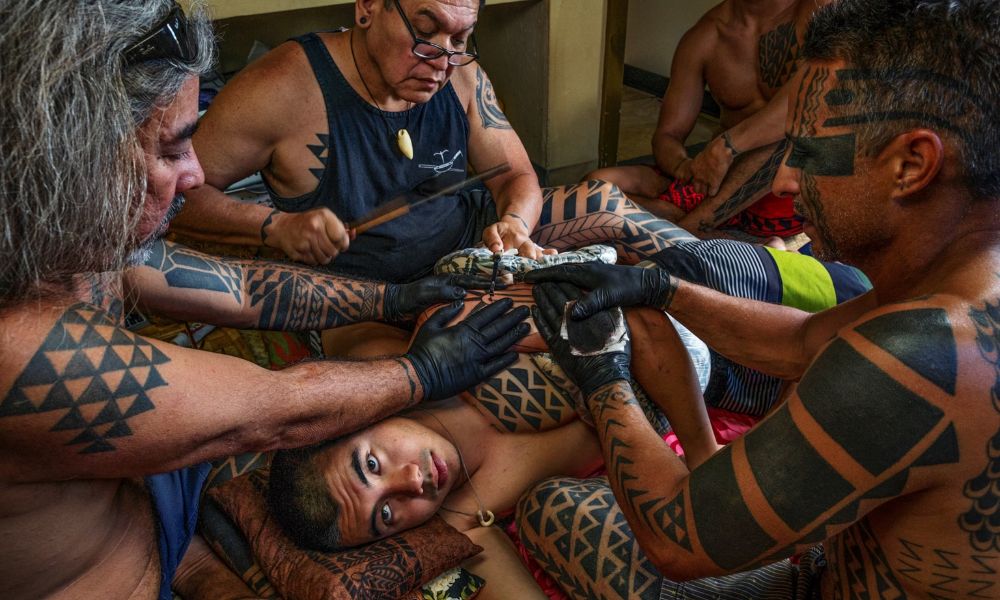
Getting a tattoo in Polynesian cultures is often a rite of passage, marking important transitions in a person's life. The process itself is ritualistic, involving ceremonies that include prayers, offerings, and traditional music or chants. These rituals are meant to appease the spirits and secure their blessings for the person receiving the tattoo. The painful process of traditional tattooing is also seen as a test of strength and endurance, signifying readiness to take on new responsibilities within the community.
Symbols of Spiritual Concepts
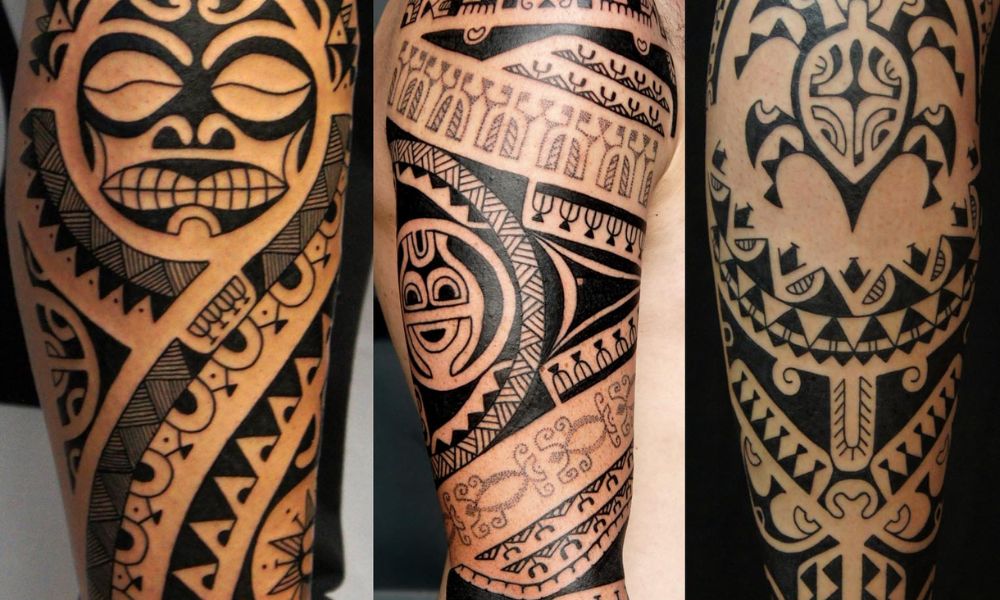
Specific symbols in Polynesian tattoos have direct spiritual meanings. For instance:
- The Tiki: Often represents Polynesian gods and is believed to provide protection against evil spirits.
- The Sun: A common motif that can symbolize riches, brilliance, grandness, and leadership. It's also associated with eternity and brilliance.
- Ocean Waves and Shells: Symbolize the connection to the ocean, which is a crucial aspect of life in island cultures, and often represent protection, peace, and fertility.
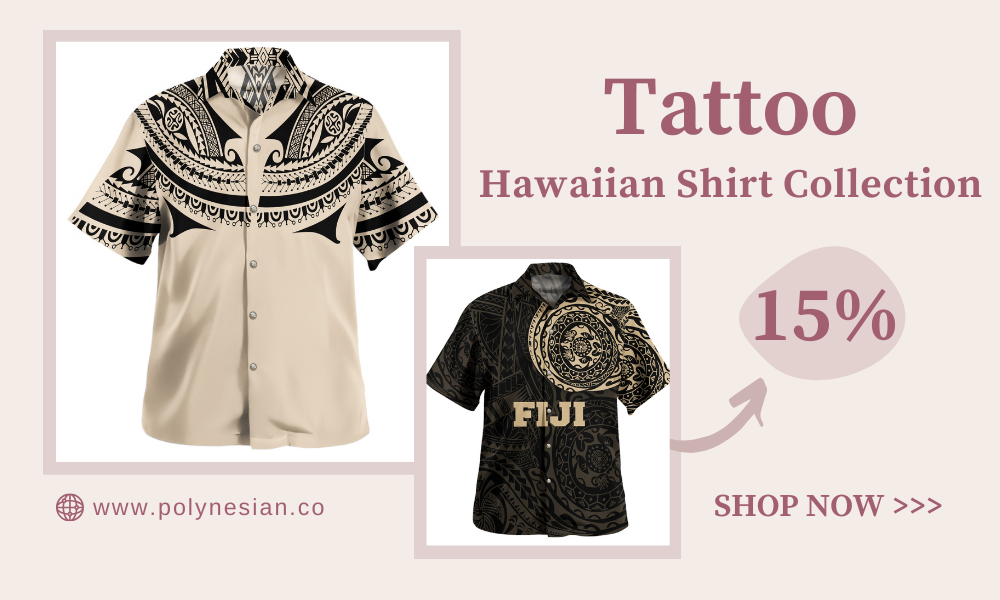
Communicating Status and Spiritual Power
In many Polynesian cultures, the complexity and extensiveness of one’s tattoos directly relate to their spiritual and social status. Leaders, warriors, and those of high social stature often wear intricate and expansive tattoos, which signify their rank and their spiritual power and ability to communicate with higher beings.
Healing and Medicinal Purposes
In some traditions, tattoos are believed to have healing properties, placed on parts of the body where pain is experienced or where strength and resilience need to be augmented. The tattooing process, involving specific chants and prayers, is thought to infuse the ink and designs with healing mana, aiding not just in physical but also in spiritual recovery.
Modern Spiritual Connections
Even in modern times, the spiritual aspects of tattooing remain significant for many Polynesians and others who choose to engage with this tradition. For modern wearers, these tattoos can serve as a personal talisman or a visual expression of their spiritual beliefs and cultural identity.
In summary, the spiritual significance of Polynesian tattoos is deeply woven into their designs, the process of their application, and their day-to-day presence on the bodies of wearers. These tattoos do more than decorate the skin—they narrate stories, protect the spirit, and serve as profound expressions of personal and communal identity.

